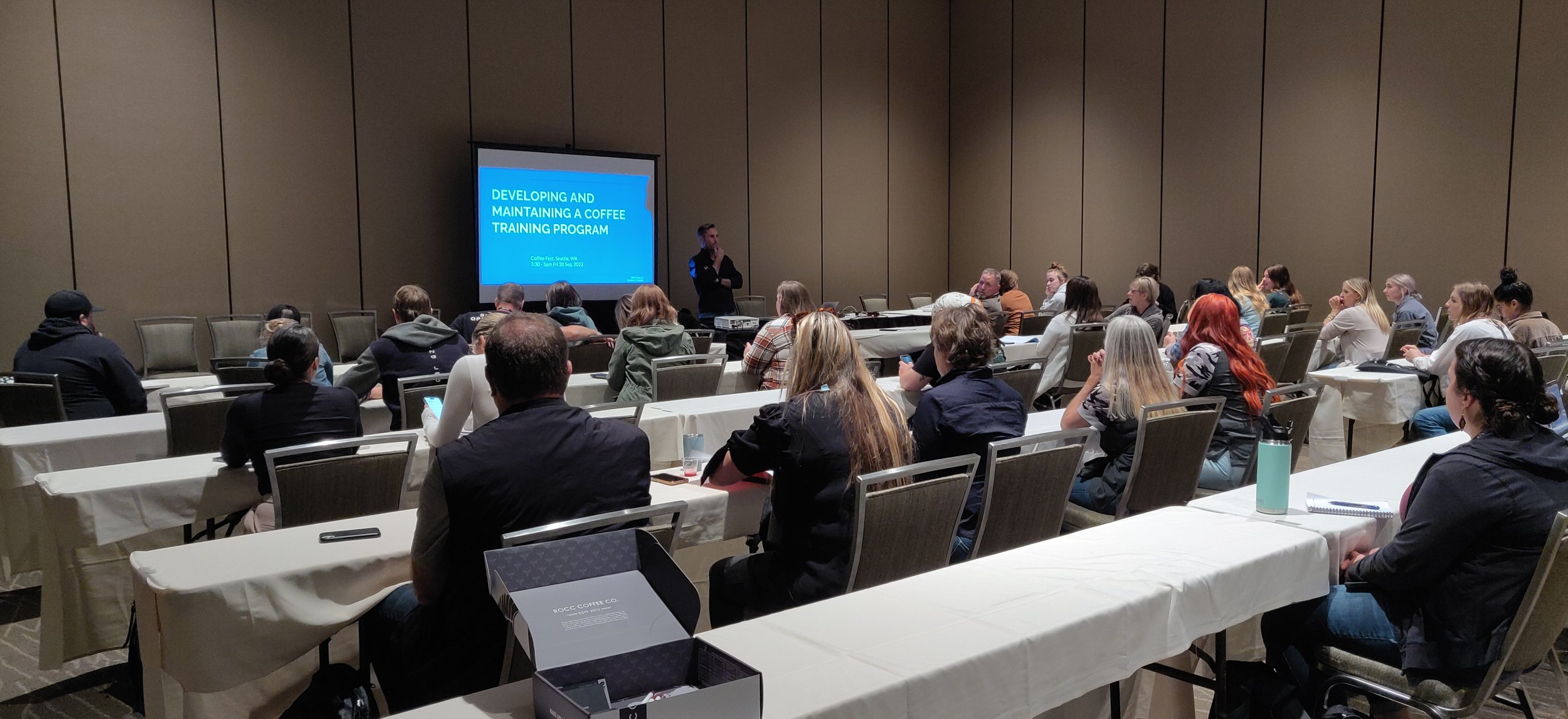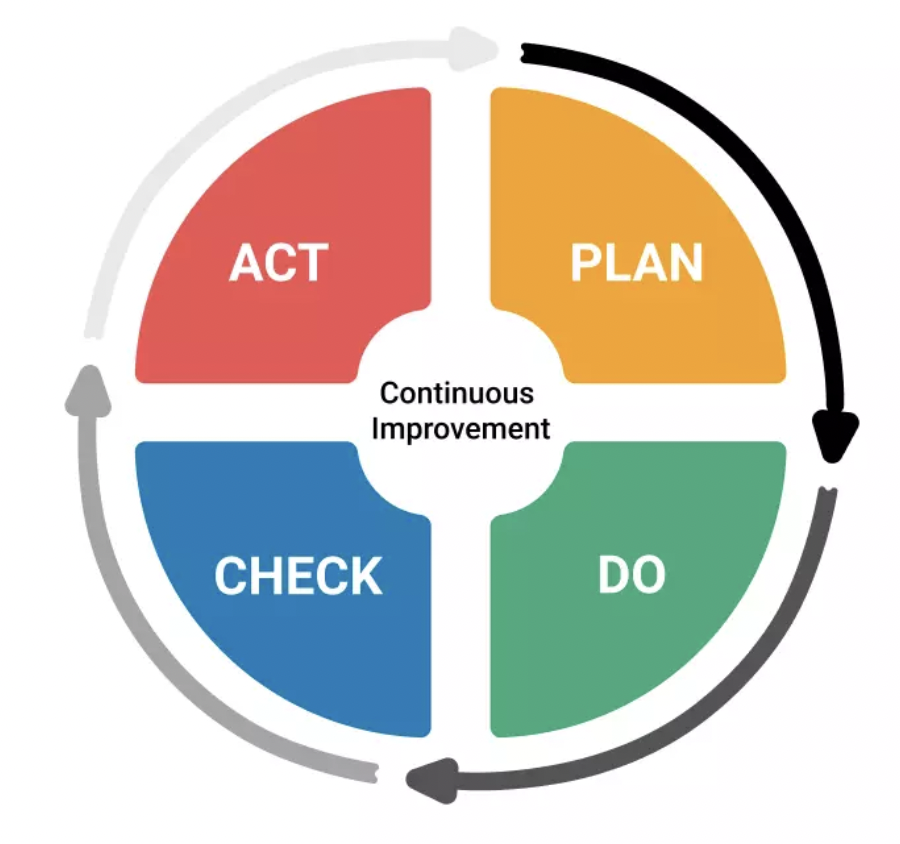We’ll address the head to lead us into the heart: Culture and Leadership.
In our limited time, we will only concern ourselves with the bottom strata; our foundational learning and growth perspective. Specifically we will emphasize Human Capital.
For those who wish to go further with this model, you may do so with Kaplan and Norton’s “Strategy Maps” from the Harvard Business School. https://www.hbs.edu/faculty/Pages/item.aspx?num=15760
Learning and Growth Perspective
Learning and Growth are at the heart of growing our human capital - another word for your team and the value they provide your business. “Capital” is a term for wealth or asset.
Our people are our greatest asset.
What words would you use to describe your team?
If you don’t have a team, write down 2-3 key words that you wish would describe them.
Culture is when you walk in the door to a business and you feel: “oh… this place is…something…” or “oh… these people are…really…what?”
The importance of culture cannot be overstated. It should be hired when you spot good cultured people. And, it should enfuse the workspace like atmosphere and aroma… or it will linger like stink and decay.
Culture is caught. It is imbued in the atmosphere.
This leads us into “The Advantage” by Patrick Lencioni. Our strategy map models structures, like bones in our bodies, it is the skeleton. But when we layer on culture, it becomes the muscles and nerves to help us move and to keep us safe.
What is your team playing for?
Does your team have an actionable Mission?
Is there a captivating vision that people can really see?
What authentic values do you and your team feel and believe in collectively?
This is the game that we repeat over and again. We play the same game on and off the field. In and out of the office or roastery or cafe. This is who we are!
Does our team feel like everyone has a part to play?
Do they know how they can contribute in large and small ways to help us win the game?
Leadership and Alignment.
Leadership is the WHO. It’s all about people. Ultimately someone is going to ensure that the job gets done, or that all of the jobs get done.
Did you ever have an employee (or a friend) who always made sure things got done? You never had to worry about the business, you never had the nagging “what if” in the back of your mind. If so, good for you. If not, it sure sounds amazing! Right?
I have 2 employees now and they are both like that. It is such a blessing to know that they care and they are on top of things. I don’t have to - and I REALLY DO NOT WANT TO - micromanage either of them.
Using our Great Formula matrix, ask yourself: “Who is ultimately responsible for…
Keeping PASSION alive?”
Ensuring that TASTE is on point?”
Monitoring our POSITION in the market?”
Helping get the right PEOPLE on the bus and with the team?”
Sharing and creating value through MARKETING?”
Building and overseeing our SYSTEMS?”
Managing and directing our MONEY?”
Name the people and tasks individually. Can you play a matching game with your team by name and task or do you find that it is YOU for a majority or all. This is most likely a reason that you may feel stress.
Ask yourself WHY IS IT ME and then deal with the answer truthfully.
The popularized concept of “Extreme Ownership” by Jocko Willink might help you (like it did me) come to the point of saying “If I am the boss, then everything is my fault!”
Let’s say it together so that no one feels alone, “It’s my fault.”
Opening the cafe went poorly, “it’s my fault for not ensuring we had the supplies ordered last week.” But you may say, “it’s my manager's fault for not ordering.” Then we come back to ask, “why is it my fault that the manager did not order last week?” Admit, “it’s my fault that I didn’t provide training or checklists or time or accountability or a clear system and process for my manager to ensure that they ordered last week.”
This SYSTEMS ties back perfectly to ALIGNMENT.
We must be perfectly clear. This is what we do, and this is why we do it, and this is how it helps us win, grow, succeed together. Our team needs to know (and be reminded daily) THIS IS HOW WE WIN. Emphasis on the “we” because if they lose, you lose. If you lose, they lose. We are a team.
When I (Adam) was a Shift Manager at Starbucks we had a stack of binders with checklists and detailed instructions from warming pastries to reconciling bank deposits to ensuring bathrooms were clean and temperatures in the freezer were on point. Everything could be measured, checked and marked complete.
A personal anecdote.
When I was a boy, people would tell me something or I would hear something and then I would interpret it.
Beware if your team and people are interpreting what you say and do, rather than receiving it with clarity. I would listen to a history lesson at school and contextualize the concept. I would listen to a song or a speech and interpret it into my own words or way of speaking. I thought I was being creative and integrating something into my own personality or learning modality - but in fact I was altering the truth. Details matter. I would call myself a “big picture” person or a “macro-thinker” but in fact, I was lazy and I didn’t appreciate details like I ought.
Details matter!
Seek clarity - always.
Practice what my (Adam’s) children do at home and at school every day. You ask them, “can you tell back what you just heard?” Ask your team, your friend, your staff to repeat back with precision. It’s not demeaning and it’s not offensive. It’s just a test of accuracy. We stop to listen to customer complaints, no matter how we view the situation. We repeat back exactly what they said and acknowledge that we are sorry for the mistake and misunderstanding. We take action. We tell them how we plan to resolve the problem. We encourage them to come back and help us next time with gratitude for bringing the situation to our attention.
“Can you tell back what you just heard?”
It’s amazing how often our words and training is not received the way we think it is. We say something - they hear something else. If you feel you are going crazy, it’s because you are crazy. You are saying one thing, expecting another while they hear a 3rd and do a 4th… this is the cycle we must break as we put into place our Plan, Do, Check, Act cycle.
Our goal is to Plan - Do - Check - Act.
Let's create, beg, borrow or steal a one page action plan like this beautiful Customer Service Recovery method from Starbucks and Howard Schultz called: LATTE. This page is a copy from our ROCC Coffee Discovery Bar Training manual which had 30 Competencies. One of them was LATTE for problem resolution.
Every ROCC barista would work through our 30 competencies from green coffee to espresso grinders to customer service and safety. Some required skills demonstration or role play. Of course there were more than 30 skills required to be a good barista, but we found that 30 was more than enough to give them (and us) confidence that the rest would be caught through good culture.
You may want to try LATTE role play with your team.
Now, let’s plug in the LATTE framework into our PDCA cycle.
What would happen if we didn’t have a feedback loop for customer problems?
What if we never made a plan to fix that faulty drink or product service?
What would our employees think about our business?
What would happen to the business as a result of guest experiences?







